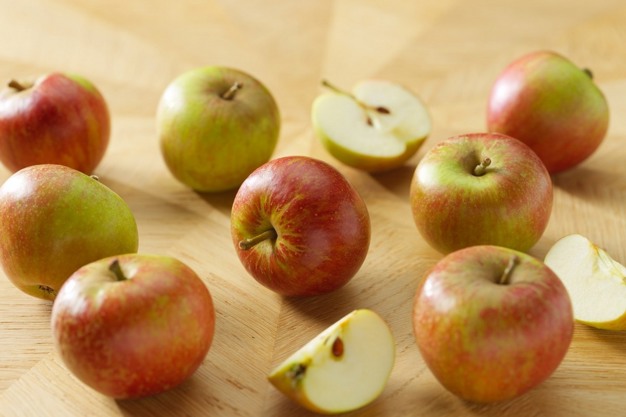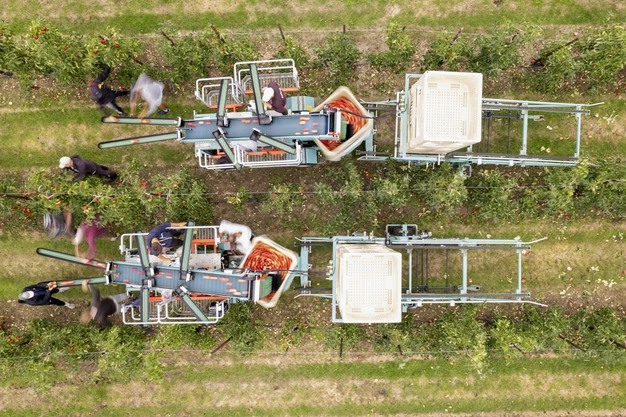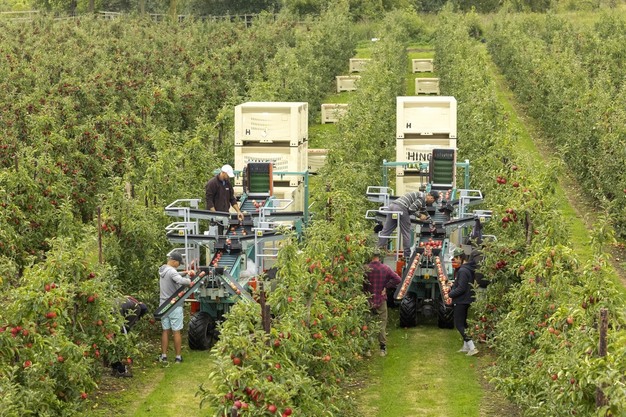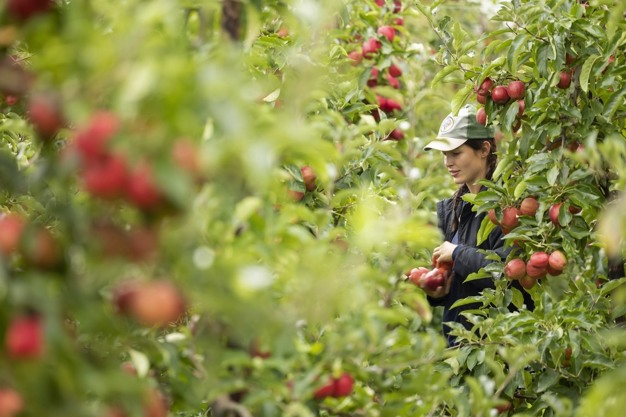A new analysis of costs facing British apple and pear growers indicates that food price rises in 2025 are now an inevitable consequence of recent government policy.
Put simply, new analysis has revealed that the latest budget announcements regarding the national living wage and national insurance will increase food prices in 2025. This will increase food price inflation, and, likely, we will not see the forecast growth in the general economy.

In November 2024, British Apples & Pears Limited (BAPL), the grower organization, commissioned Andersons Farm Consulting to investigate the cost of production impact of the recent budget announcements. The analysis estimates that 2025 will see a 7p increase in the median cost of producing a kilogram of apples (from £1.33 to £1.40).

"Growers margins have been stripped to the bone, so these increases in the cost of producing British apples and pears will have to be passed on to retailers, who have already said they will have to pass on wage rises to consumers." Explained Ali Capper, executive chair of BAPL.
"Shoppers will end up paying more for their fresh apples and pears. Food price inflation is a direct consequence of government policy. Labor costs are about half of the total costs of producing British apples and pears, and growers are facing a 10% increase in that cost alone from the national living wage and employer national insurance increases.

"These changes will impact growers, retailers, sand hoppers and could even tip the country into recession as consumer demand declines in the face of price rises. On top of that growers are now facing the costs associated with the newly proposed changes to inheritance tax. The costs associated with tax planning will also have to be priced in for the future."
To mitigate some of the major negative impacts of these 2025 changes, BAPL is calling for the following:

For retailers to:
- Treat suppliers fairly, recognizing the levels of inflation growers face
- Invest in British fresh produce and long-term relationships with UK suppliers
For government to:
- Expedite their policy work on fairness in the supply chain
- Reverse the IHT proposals
- Provide five-year certainty on the seasonal worker scheme, so that growers can plan for the future
 For more information:
For more information:
Louise Raisbeck
British Apples and Pears
Tel: +44 07966 688063.
Email: social@britishapplesandpears.co.uk
www.britishapplesandpears.co.uk
